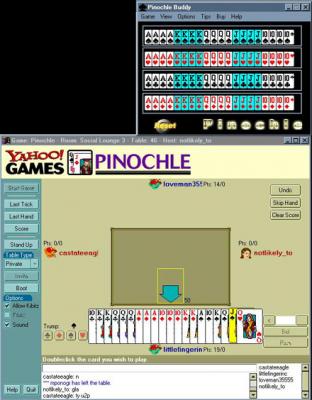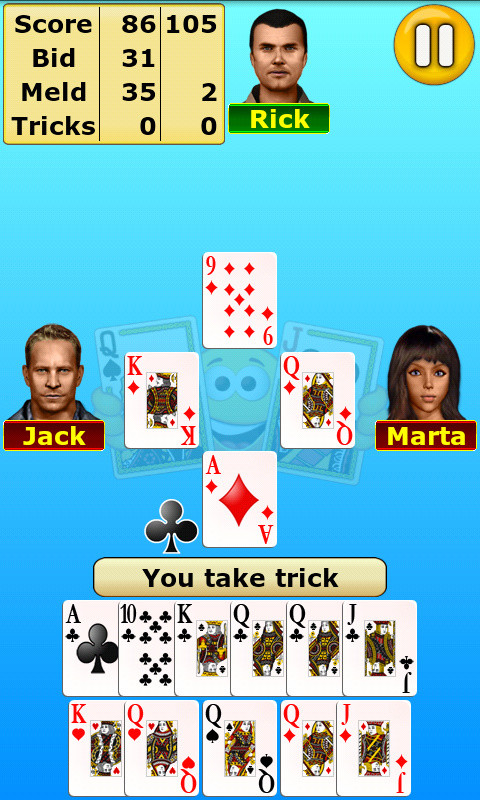

Also, there are 4 “free cells” at the top of the board where you get to park cards that keep you from making progress in the game. First, all the cards are dealt face up, so you get to see where all your cards are at once. FreeCell SolitaireįreeCell solitaire is a bit easier to play than standard solitaire for a few reasons. This adds a much more challenging dimension to classic solitaire. This card game is played with 2 decks of cards with a goal to make 8 stacks of cards of each suit in order from ace to king. Seniors who get bored with standard solitaire should give spider solitaire a try. You alternate the colors of the cards building stacks until you can clear them to the 4 home positions. The cards are dealt into stacks of cards that continually increase as you move right. The player with the most valuable stack at the end of the game wins! To play Klondike solitaire, you use a standard 52-card deck and players must build rows of cards from Ace to King, with each card in the row adding to the value of the previous card. Klondike solitaire is the version of solitaire you probably grew up playing. The goal is to clear the board by matching cards of the same number until you have no cards remaining. Remove any pairs of cards that match regardless of suit then turn the top cards in those stacks face up. Next, deal the cards face down into 8 piles (you will have 8 piles of 4 cards). To play Wish solitaire, take a standard deck of cards and remove all of the cards that are 6 and under leaving a deck of 32 cards. So if you’re looking for a fun way to keep your elderly loved ones entertained while they relax or take a break from their day, Solitaire is definitely an option worth exploring! Wish Solitaire If you or a senior family member enjoys the challenge and bonding that comes with a good card game, you might be asking yourself, “what are some fun card games that I can play with my elderly loved one?”Īll of these games are simple to learn and can be played in short bursts without feeling too tedious. But learning new games with family and friends can provide senior citizens with much needed socialization while also exercising their cognitive abilities. Too often, seniors become isolated because of changes in their physical health or the loss of their social groups. Groups who gather regularly give participants a sense of community and belonging, which improves health and well-being. The social aspects of card games can also give seniors a much needed social outlet. Simple games can keep seniors with dementia engaged and mentally active. Playing card games can help improve memory, concentration and cognitive skills, and even prevent or delay the effects of cognitive decline.

Games aren’t just a fun way to pass the time.


 0 kommentar(er)
0 kommentar(er)
